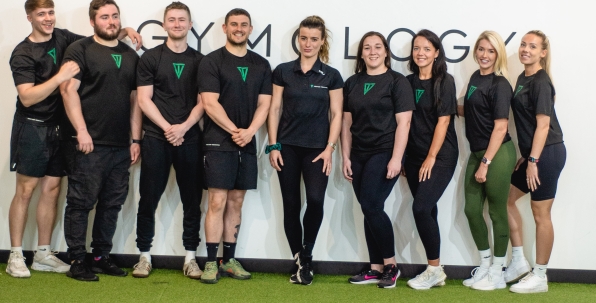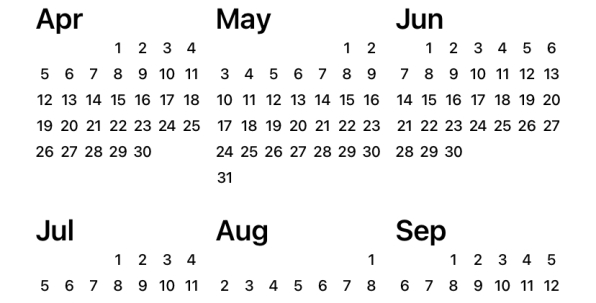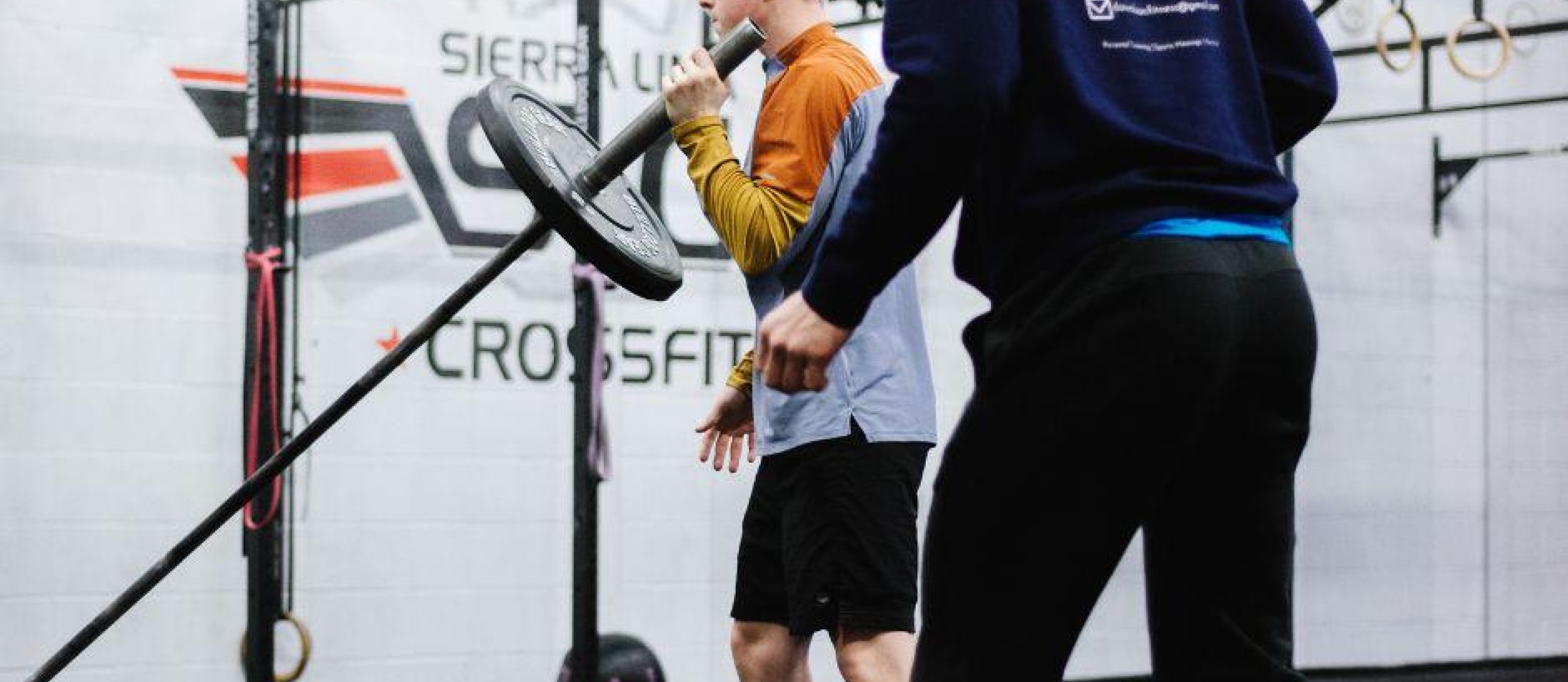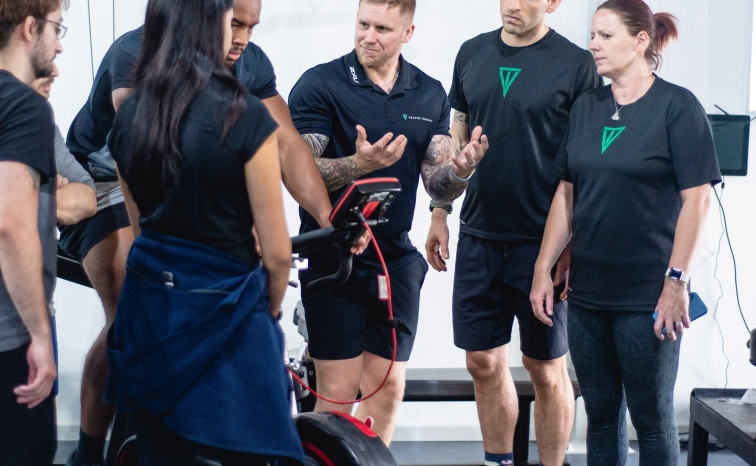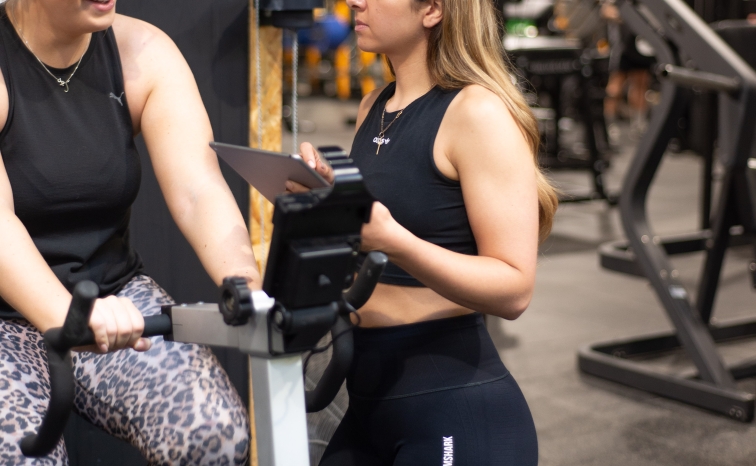If you're considering a career in the fitness industry, you may have come across two terms that seem similar but have distinct differences: personal training and strength and conditioning. Both roles involve working with clients to improve their physical fitness, but they have unique focuses and applications. In this blog post, we'll delve into the disparities between personal training and strength and conditioning, helping you gain clarity and choose the path that aligns with your goals and interests.
Personal Training: Tailored Fitness for Individual Clients
Personal training is a one-on-one fitness service that caters to the unique needs and goals of individual clients. As a personal trainer, your primary objective is to design and implement personalised exercise programs to help clients achieve their desired outcomes. These goals may vary widely, ranging from weight loss and muscle gain to improving cardiovascular health or sports-specific performance.
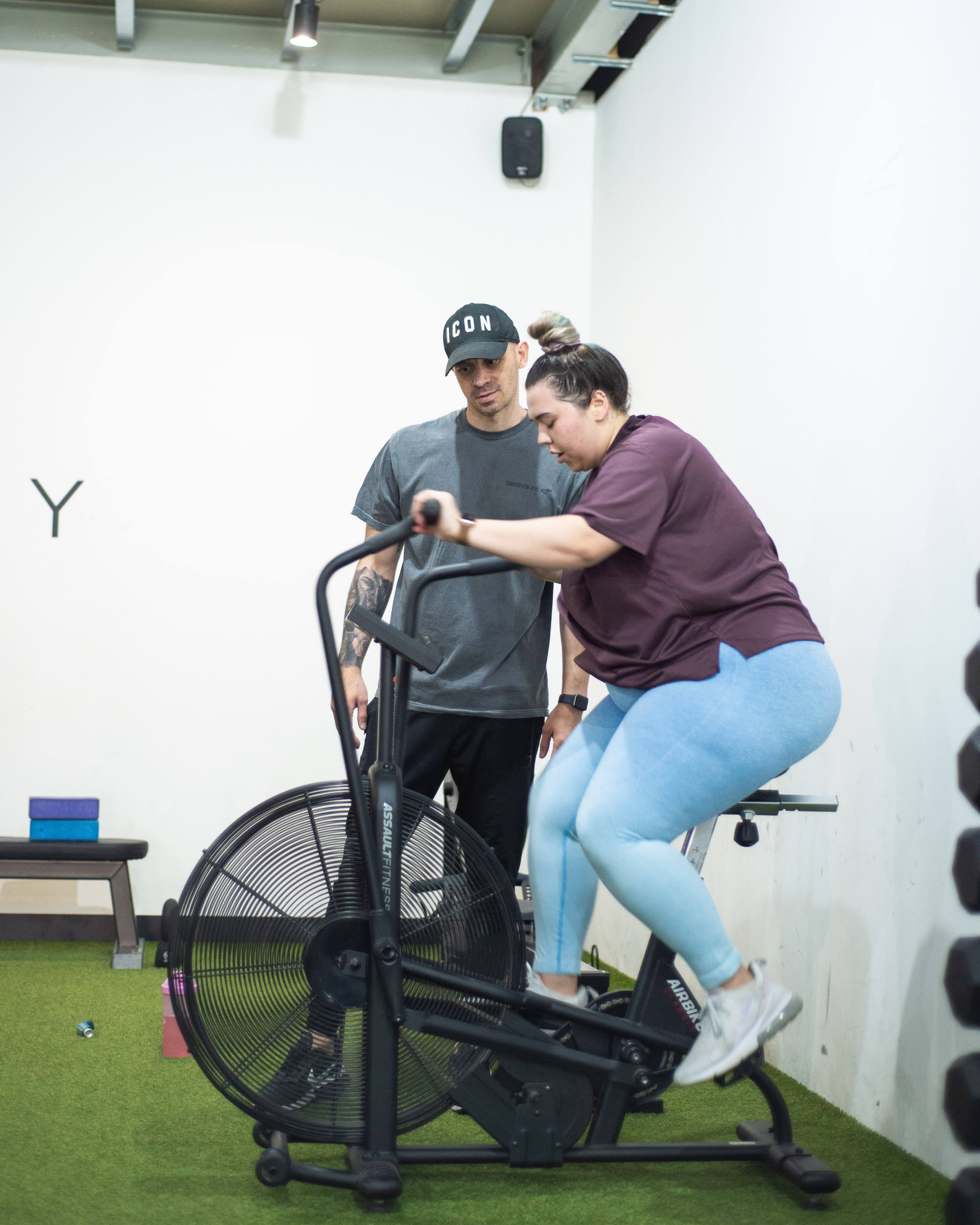
One of the key aspects of personal training is the emphasis on customisation. A personal trainer assesses a client's current fitness level, medical history, and specific objectives, and then develops a programme that addresses their needs. This may involve a variety of exercise modalities, such as strength training, cardio exercises, flexibility training, and functional movements. Personal trainers also provide guidance on nutrition, lifestyle modifications, and overall wellness to support their clients' journey towards better health.
Furthermore, personal trainers often work with clients who may have limitations or special considerations, such as injuries, chronic conditions, or age-related concerns.However it is important trainers are insured and qualified to do some, which often may mean extra training after their Level 3 personal training course. They must have a comprehensive understanding of anatomy, physiology, and exercise science to adapt workouts and ensure client safety and progress. Building strong relationships and effective communication with clients is crucial for personal trainers to motivate, educate, and support them throughout their fitness journey.
Strength and Conditioning: Enhancing Athletic Performance
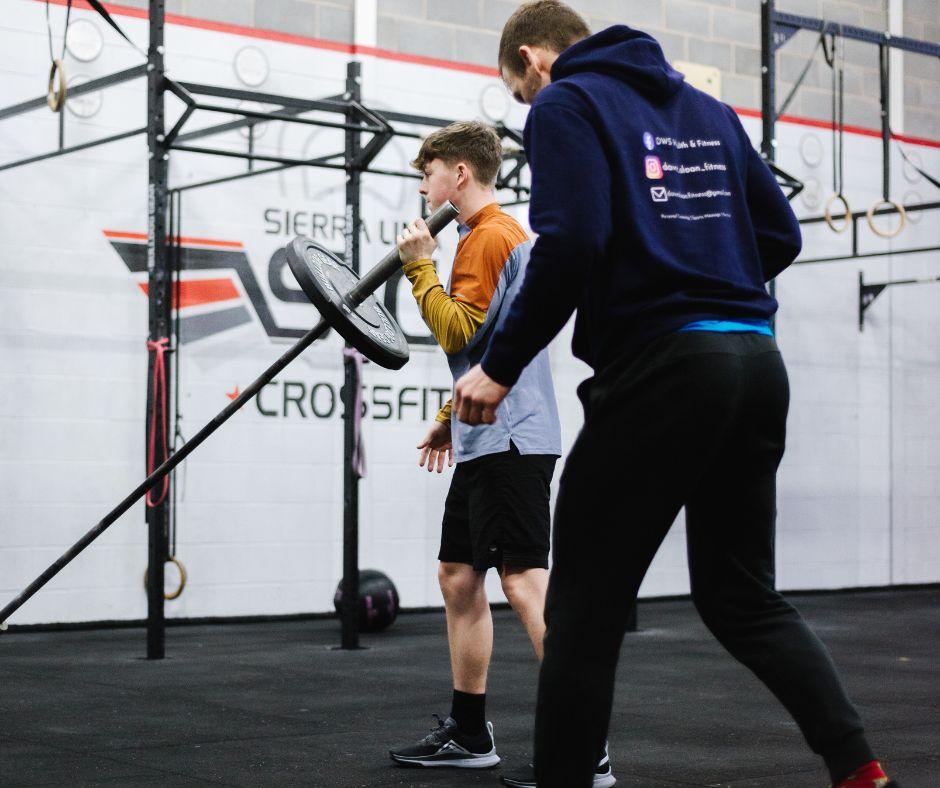
Strength and conditioning, on the other hand, is a specialised field within the fitness industry that focuses on improving athletic performance. It primarily caters to athletes, sports teams, and individuals involved in competitive sports or high-level physical activities. As a strength and conditioning coach, your role is to enhance the physical attributes required for specific sports or activities, such as strength, power, speed, agility, and endurance.
While personal trainers work with individuals of diverse backgrounds and fitness goals, strength and conditioning professionals have a narrower target audience: athletes or individuals aiming to excel in their respective disciplines. They often collaborate with coaches, sports teams, and even sports medicine professionals to optimise performance and reduce the risk of injuries.
Strength and conditioning programs are meticulously designed to suit the demands of a particular sport or activity. They may involve periodisation, which is the systematic planning of training cycles to optimise performance gains over time. These programs typically incorporate a combination of resistance training, plyometrics, speed and agility drills, conditioning exercises, and sport-specific movements.
In addition to the physical training aspect, strength and conditioning coaches also focus on other vital components of athletic performance, such as nutrition, recovery strategies, injury prevention, and mental conditioning. They often work closely with athletes to ensure they are adequately fuelling their bodies, optimising rest and recovery, and cultivating a mindset conducive to peak performance.
Choosing the Right Path for You
Now that you understand the distinctions between personal training and strength and conditioning, you can make an informed decision about which path aligns with your interests and career aspirations. Consider your passion, the type of clientele you envision working with, and the specific goals you want to help individuals achieve.
If you have a passion for working closely with people from diverse backgrounds, helping them achieve their fitness goals, and making a positive impact on their lives, personal training might be the ideal choice for you. On the other hand, if you are passionate about sports, athleticism, and optimising performance for athletes or sports teams, strength and conditioning could be the perfect fit.
Remember, both personal training and strength and conditioning require ongoing education and staying up to date with the latest research and trends in the field. Pursuing certifications, attending workshops, and seeking mentorship from experienced professionals can significantly enhance your knowledge and skill set.
In conclusion, personal training and strength and conditioning differ in their focus, clientele, and objectives. By understanding these differences and evaluating your own passions and goals, you can make an informed decision about which path to pursue. Whichever path you choose, the fitness industry offers exciting opportunities to make a positive impact on people's lives and contribute to a healthier society.




